Delhi is currently facing a severe heatwave, resulting in the tragic deaths of five people in the past 72 hours. This extreme weather has overwhelmed the city’s hospitals and caused widespread distress among residents, especially the most vulnerable.
In the past few days, Delhi has experienced unprecedented heat, with temperatures soaring to dangerous levels. Five people have succumbed to heatstroke, and many more are struggling with severe heat-related Illnesses.
According to India Today,
Ram Manohar Lohia Hospital and Safdarjung Hospital in Delhi have each reported one death due to heatstroke. At Ram Manohar Lohia Hospital, around 36 people are currently admitted with heat-related conditions. Lok Nayak Hospital (LNJP) has seen three fatalities, including a car mechanic who died on June 16 after being admitted with a high fever of 106 degrees Fahrenheit.
Another victim was a 70-year-old man from Bihar who had missed his train and was found wandering at the station. These cases highlight the vulnerability of the elderly and those with limited means of escape from the heat.
The situation in Noida is equally grim, with more than 14 deaths reported in the last 24 hours due to suspected heatstroke. However, the exact causes of death will be confirmed only after post-mortem reports, according to Renu Agarwal of Noida's district hospital.
LNJP Hospital is currently treating over seven patients with severe heat-related symptoms, including extremely high fevers of 106 to 107 degrees. Five of these patients, who are above 65 years old, are on ventilators. Dr. Suresh Kumar, managing director of LNJP Hospital, noted that most of those affected are laborers or rickshaw pullers, typically over 60 years of age.
The majority of heatwave patients suffer from:
- Electrolyte Deficiency: Essential minerals such as sodium and potassium are depleted, causing severe health complications.
- Heat Stroke: A condition where the body overheats to a critical level, leading to potential organ failure.
- High Fever: Temperatures exceeding 105 degrees Fahrenheit.
- Extreme Dehydration: Severe loss of body fluids, leading to critical health issues.
Private hospitals and small clinics across Delhi are also seeing a surge in patients. Dr. Gaurav Kumar, who runs a clinic in Paharganj, reported a significant increase in heatwave cases over the past month. Many of these patients are rickshaw pullers or daily laborers, indicating that those who work outdoors are at high risk.
Despite the current crisis, there may be some respite. Weather forecasts suggest that an ongoing western disturbance could bring temporary relief to Delhi and its adjoining areas in the next 24 to 48 hours. This could lower temperatures and provide much-needed relief to the heat-stricken population.
As Delhi endures this severe heatwave, it is crucial for residents to take necessary precautions to protect themselves from the extreme temperatures. Here are some tips:
- Drink Plenty of Water: Make sure to drink water regularly, even if you do not feel thirsty. This helps prevent dehydration.
- Avoid Caffeinated and Alcoholic Beverages: These can dehydrate your body further.
- Stay Indoors: Try to remain in cool, shaded, or air-conditioned areas as much as possible.
- Wear Light Clothing: Opt for light-colored, loose-fitting clothing to keep your body cool.
- Limit Outdoor Activities: Avoid strenuous activities during peak sun hours (10 AM to 4 PM). If you must go outside, take frequent breaks in the shade.
- Know the Symptoms: Be aware of the symptoms of heatstroke, such as high body temperature, confusion, rapid pulse, and nausea. Seek medical help immediately if you or someone else shows these signs.
- Protect Your Skin: Apply a broad-spectrum sunscreen with a high SPF to prevent sunburn, which can exacerbate heat-related illnesses.
The government and local authorities must take immediate steps to address the crisis. This includes:
- Educating the Public: Authorities should launch awareness campaigns about the dangers of heatwaves and preventive measures.
- Setting Up Cooling Centers: Establishing public cooling centers where people can escape the heat.
- Distributing Water and Electrolytes: Ensuring that the most vulnerable have access to water and electrolyte solutions.
- Checking on Elderly and At-Risk Individuals: Regularly monitoring the health of those most susceptible to heat-related illnesses.
The severe heatwave in Delhi has taken a devastating toll, claiming lives and overwhelming healthcare facilities. While immediate relief may be on the way, long-term strategies and public awareness are essential to prevent such tragedies in the future. By taking appropriate precautions and supporting those most at risk, we can mitigate the impact of extreme heat and protect our communities.
Stay safe, stay cool, and stay hydrated during this challenging time.
.jpg)
 By taking appropriate precautions and supporting those most at risk, we can mitigate the impact of extreme heat and protect our communities.
By taking appropriate precautions and supporting those most at risk, we can mitigate the impact of extreme heat and protect our communities.





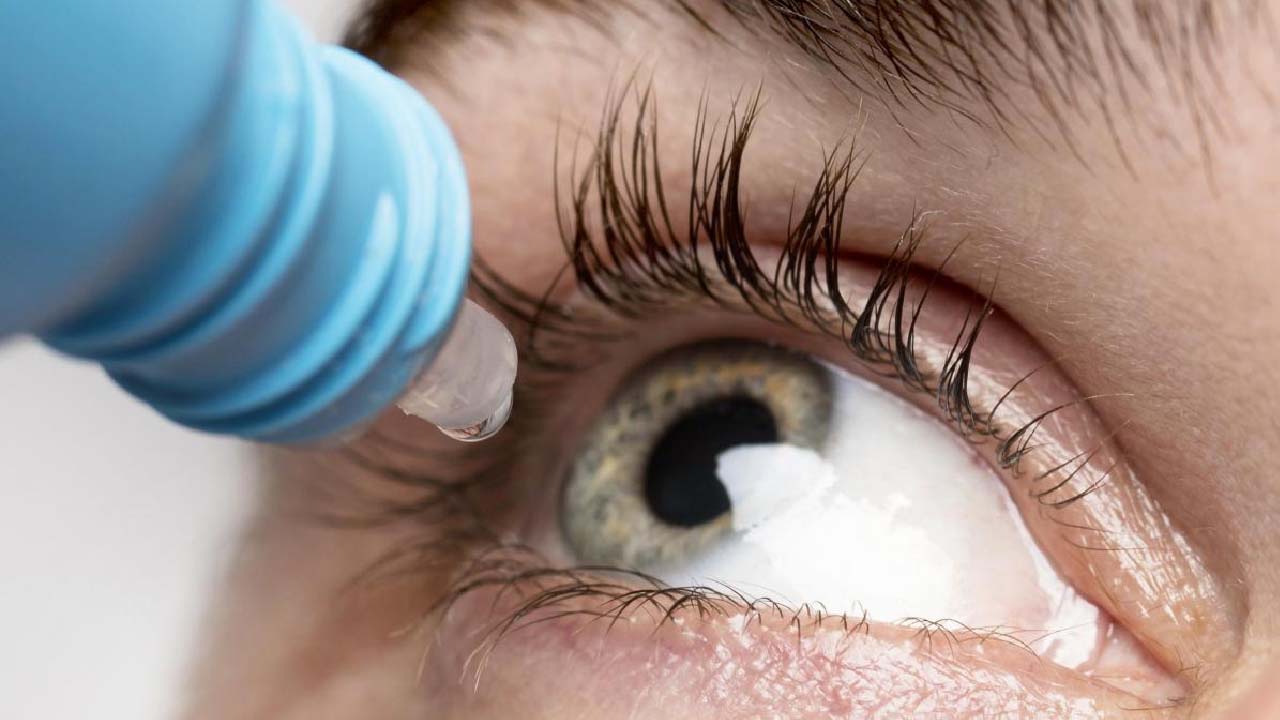
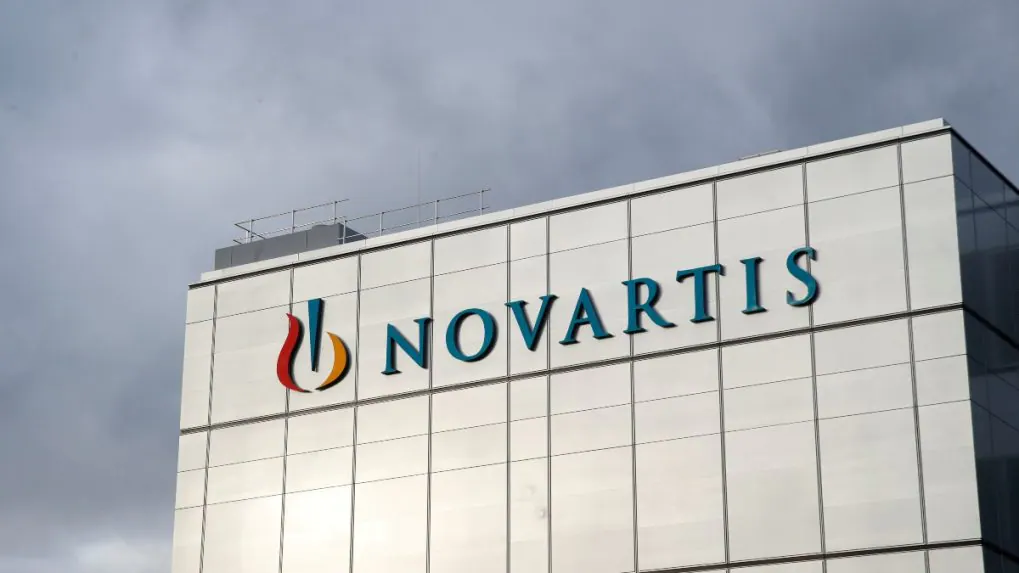

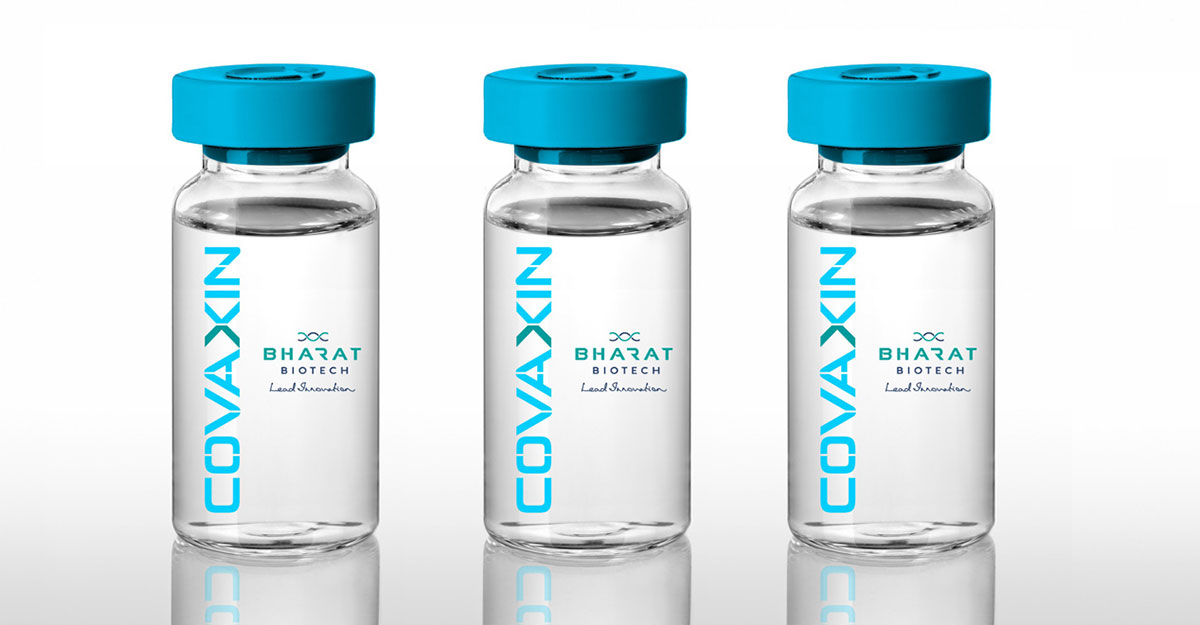
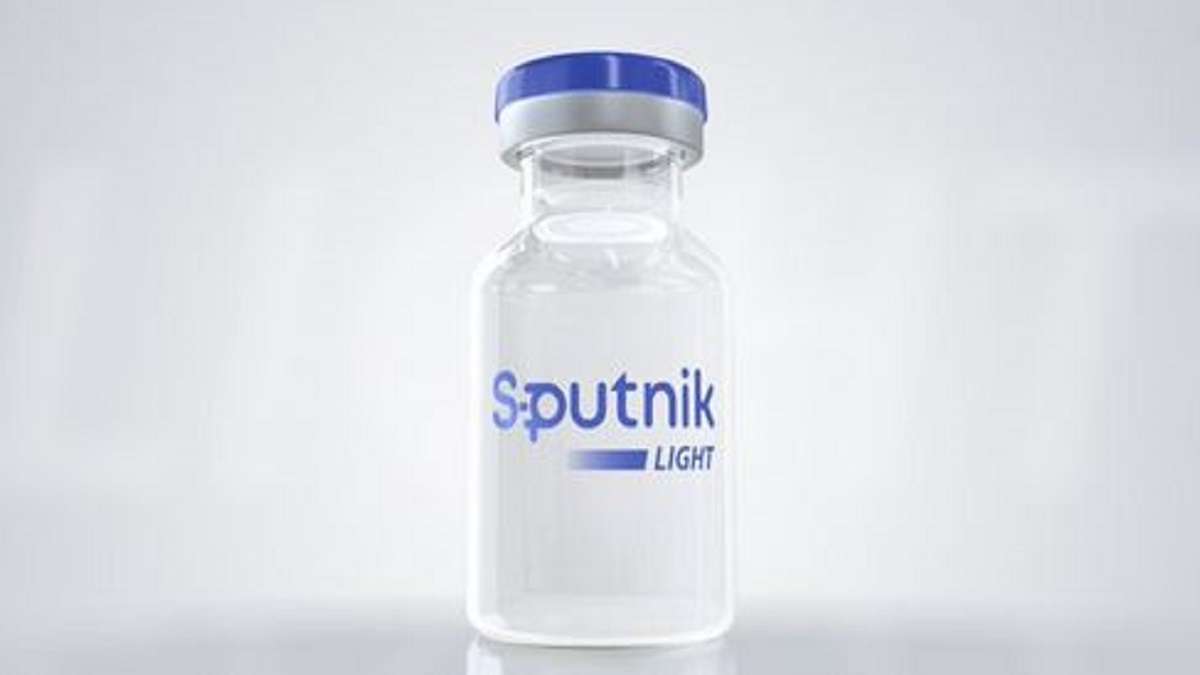

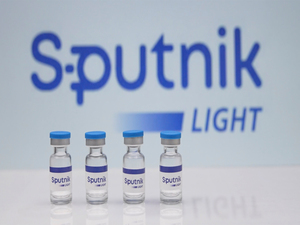
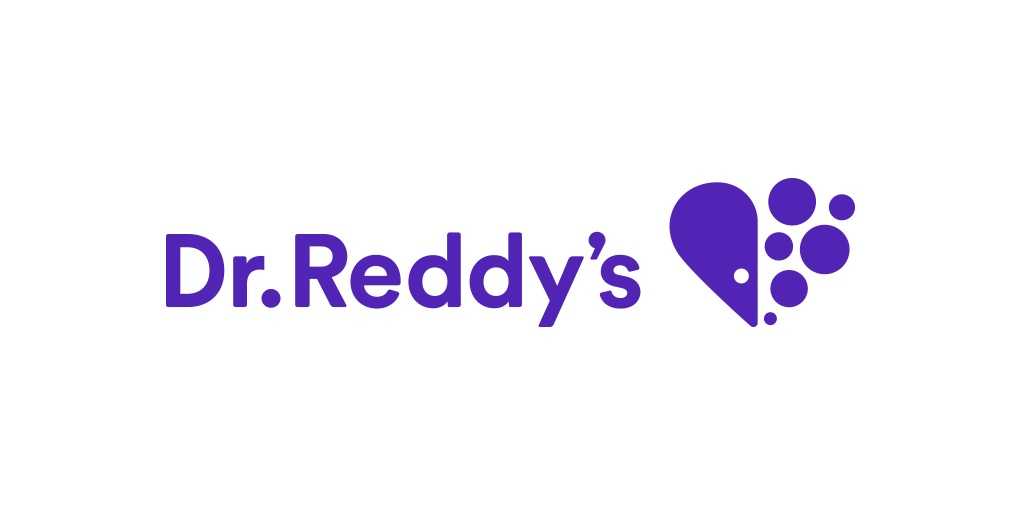
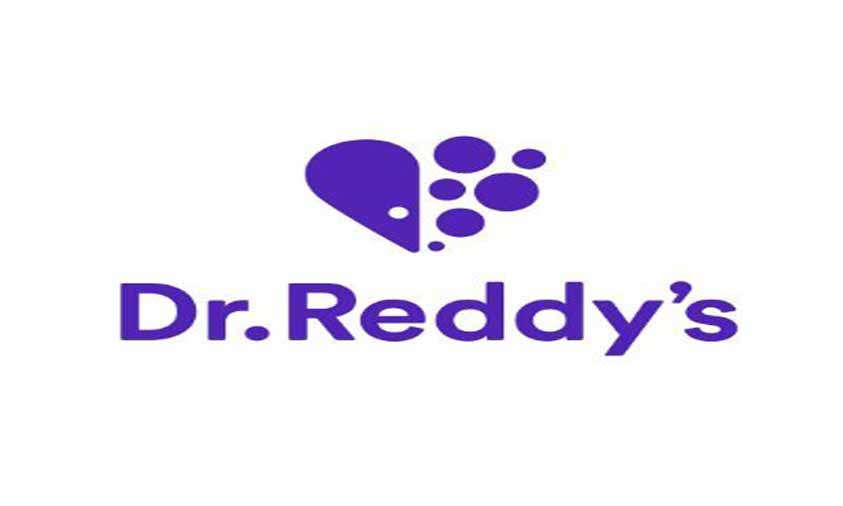





.jpeg)



















.jpg)
.jpeg)